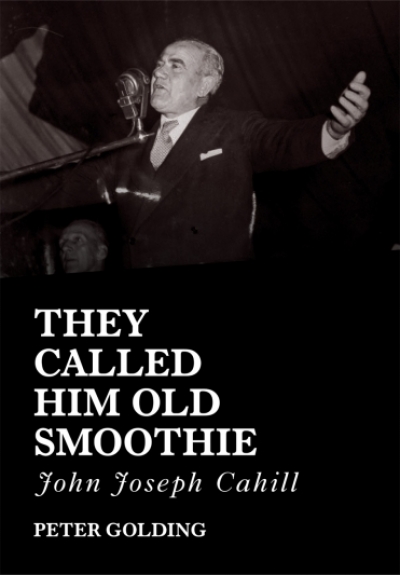Biography
Robert Helpmann: A rare sense of the theatre by Kathrine Sorley Walker
by Lee Christofis •
Mad World: Evelyn Waugh and the secrets of Brideshead by Paula Byrne
by Glyn Davis •
They Called Him Old Smoothie: John Joseph Cahill by Peter Golding
by Lyndon Megarrity •
The Celebrated George Barrington: A Spurious Author; The Book Trade, And Botany Bay by Nathan Garvey
by Suzanne Rickard •
So This Is Life: Scenes From A Country Childhood by Anne Manne
by Gillian Whitlock •
Warrior For Peace: Dorothy Auchterlonie Green by Willa McDonald
by Brigid Rooney •
Calvin by Bruce Gordon & Political Grace by Roland Boer
by Bruce Mansfield •
Queen Elizabeth: The Queen Mother: The Official Biography by William Shawcross
by Barry Everingham •















